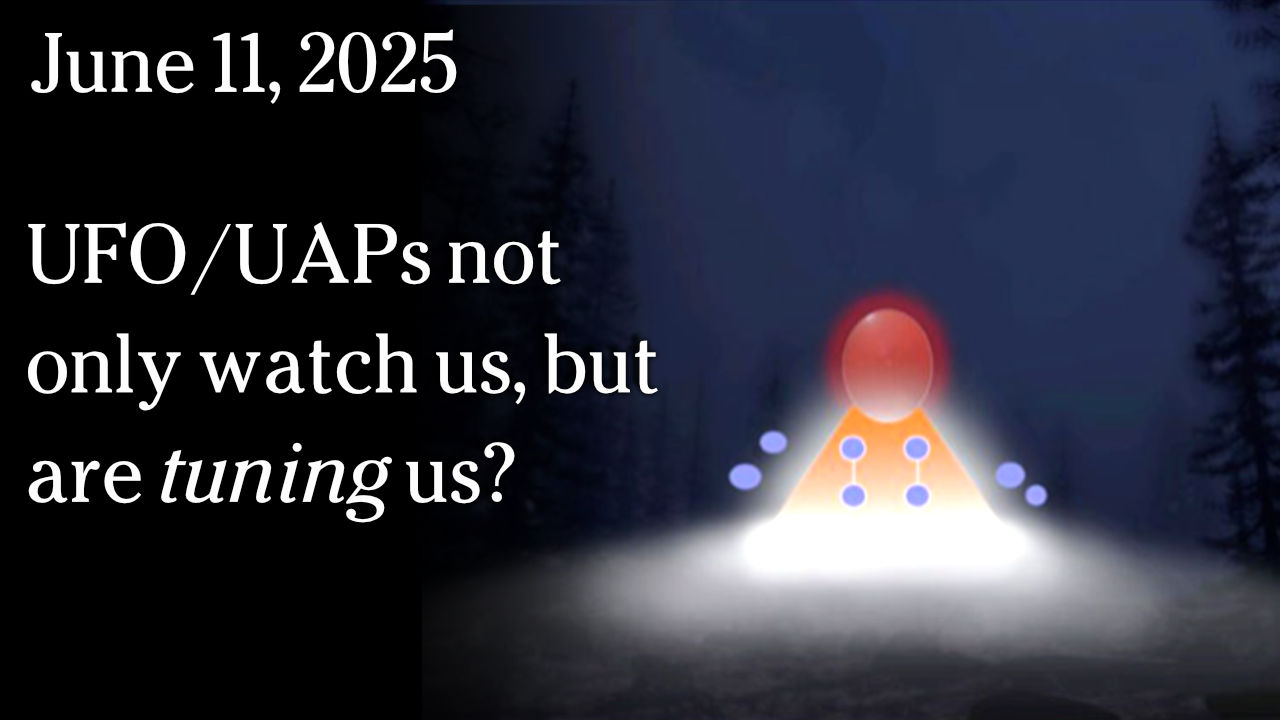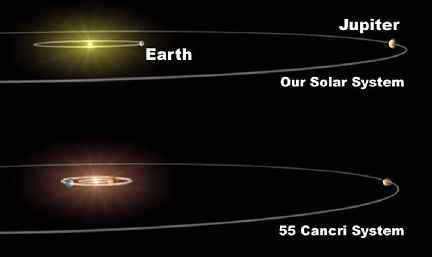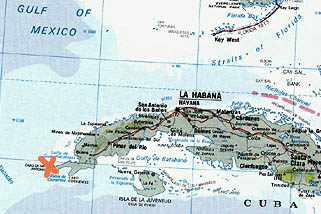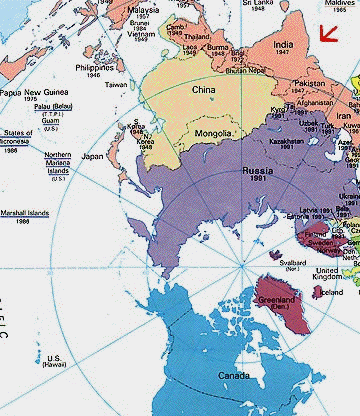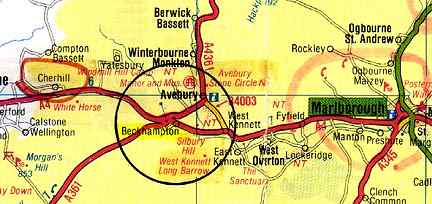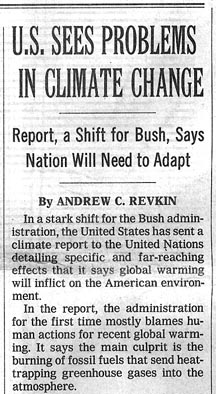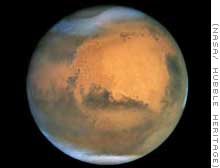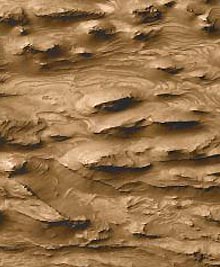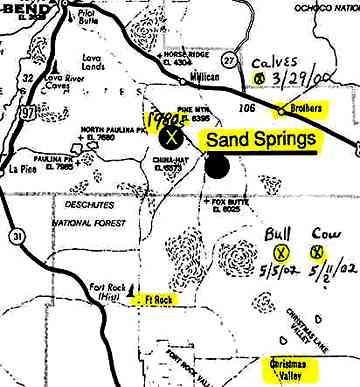
Christmas Valley Cattle Mutilations:
June 17, 2002 Christmas Valley, Oregon - Jean Bilodeaux is a freelance field investigator and writer from Cedarville, California. She has been to several mutilation sites in northern California and Oregon and in this report discusses her observations of the Christmas Valley bull that she examined with Lake County, Oregon Deputy Sheriff, Keith Bumpass, and a long-horn mutilation that the rancher said he found in early spring 2002, yet the animal is still well preserved without predation, its head propped up off the ground by one of its long horns.
Click here to subscribe and get instant access to read this report.
Click here to check your existing subscription status.
Existing members, login below:



